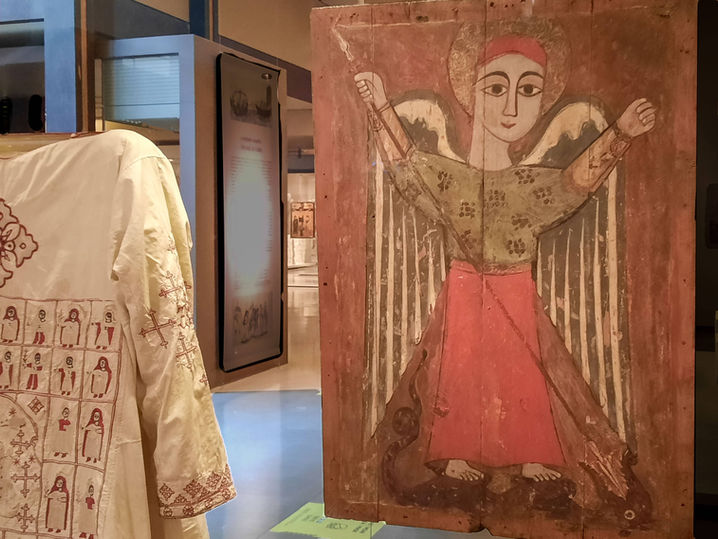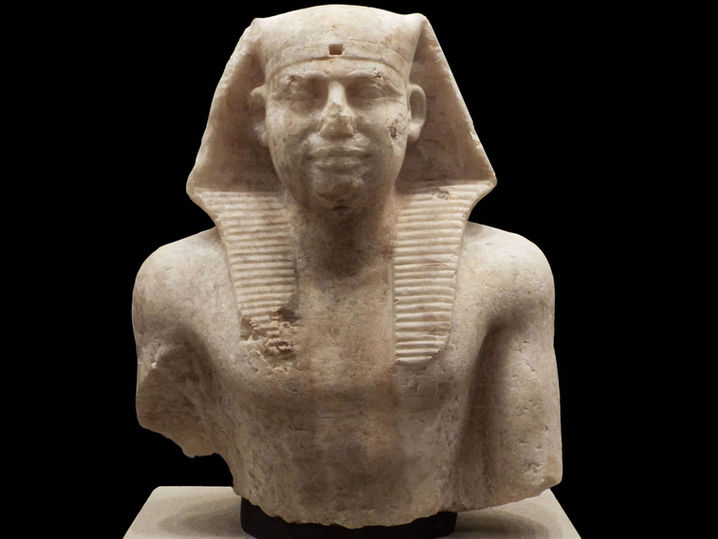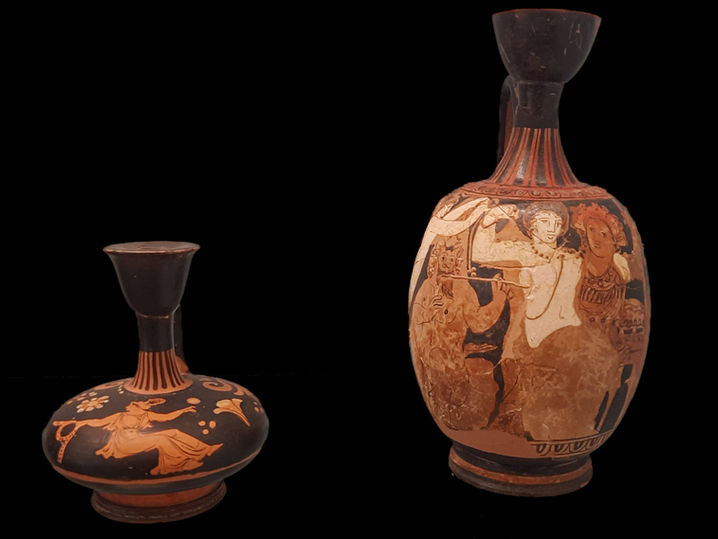Hellenistic times are considered to start at the death of Alexander the Great, King of Makedonia, in 323 BC. Alexander had inherited from his father Philippos II a kingdom which encompassed the entire Greek homeland, for the very first time united into an encompassing State, which replaced the mosaic of city-States of the past. Moreover, Alexander's expeditions into the Levant, Central Asia and the Indus Valley had exported Greek culture on large scale. Greek civilisation had become a factor of influence in the then known world, in Egypt, in Syria, in Palestine, etc. There was one major glitch, though: Alexander left no successors, probably too busy travelling and fighting his way back and forth to Bakhtria (Afghanistan) and India. So, when he died, his conquered territories were split up over four Diadoch Kingdoms, all Hellenised ... and all quarelling. Meanwhile, in the West, Rome had started its expansion, from a small local kingdom to a regional power subjugating other Italic tribes and establishing a well-oiled Republic. First subduing the Greeks in their 8th and 7th century BC colonies in Southern Italy and Sicily, the Romans finally crossed the Adriatic Sea to Greece itself. In 168 BC the Makedonians who had been representing Hellenism since their victory over the 'Greeks of the South' in the 4th century BC, were slaughtered by Roman legions at Pydna, in Northern Greece. No big deal, though, - for those who were not at Pydna - because in reality, the Romans had political power, but imported Greek science, art and civilisation into Rome, which became Hellenised as well. Hellenistic and Roman Antiquity thus are to a large extent a continuum. Still, the names of the governors in the Greek Province ended on '-us' rather than '-os', and that hurt the Greek souls.
HELLENISTIC & ROMAN ANTIQUITY
Taking over and improving pottery techniques from Archaic Korinthos, Athenian workshops had become ’market leaders’ in the Hellenic world as from about 630 BC. They took over the Corinthian black figure style, but replaced the griffins, sphynxes and other species of monstrous creatures by the depiction of human beings, in line with the developing spirit in the ‘Athens of Classical times’: men and women, often in narrative scenes of mythology and legend. By 530 BC red figure pottery made its entry; red figures against a black background offered superior possibility to add subtle details as they could be painted onto the red body surface with black paint. Another 30 years later Athenians also developed a white-background technique, exclusively used for vases with ritual or funerary functions, as the surface painting was far more fragile than the red or black figure techniques. Late in the 5th century BC, however, decorative pottery went into decline, as high demand for murals and frescos in the growing city drew artisans away from the pottery business. By 320 BC Attican pottery production had all but died out.

© 2020.Created by Marc Van den Reeck with Wix.com























